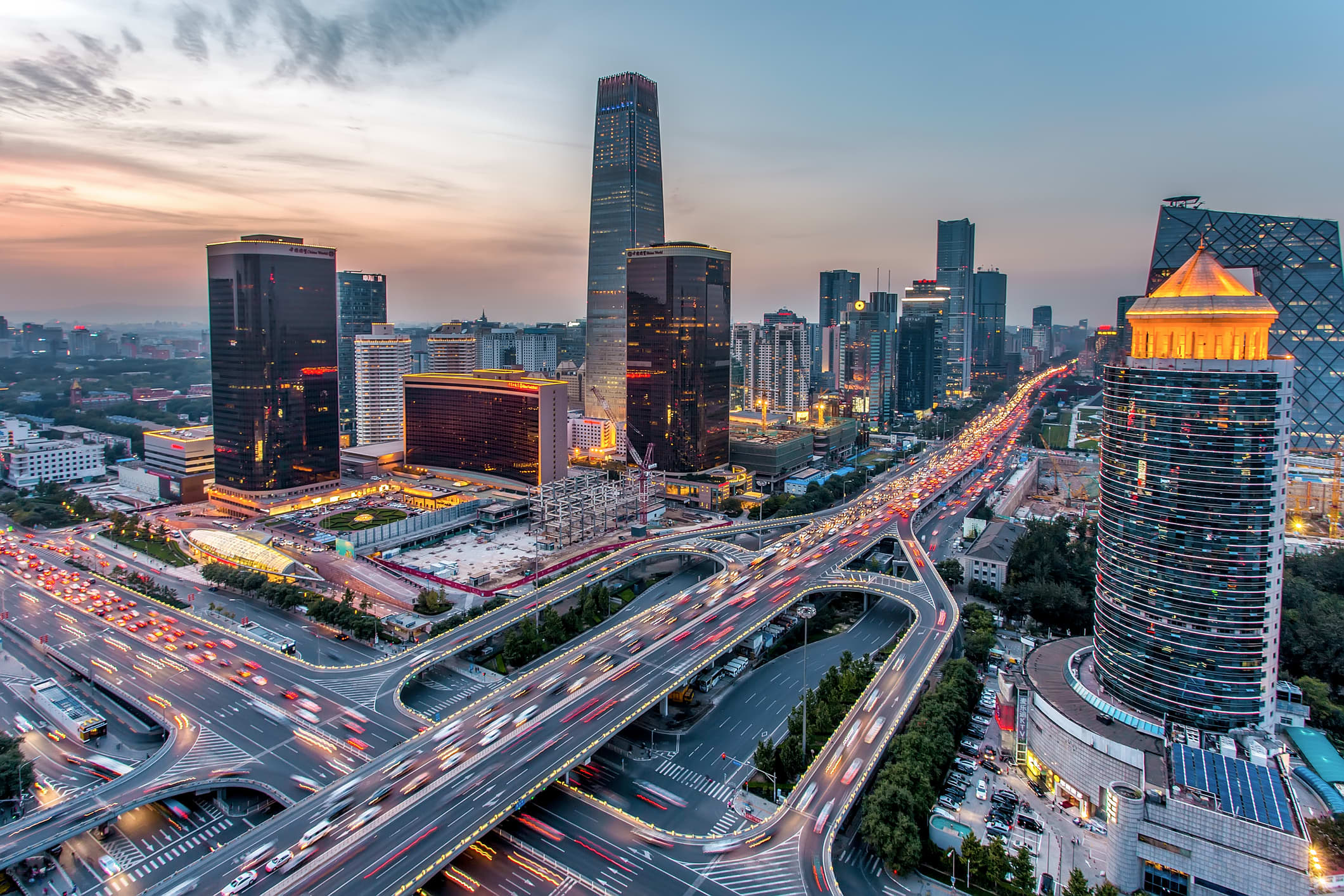
With each day that passes, Beijing is cracking down on businesses, wreaking havoc on its own markets and the shares of Chinese firms that trade in overseas markets, like the U.S.
China is endangering the very business model that propelled it into becoming the world’s second largest economy by squashing incentives for additional economic gains, silencing its most successful business innovators, or in some cases, detaining and jailing them, while also exerting state control over what once were independent entities.
This crackdown on the likes of Alibaba, Tencent and Ant Group, and the removal of the profit potential of education and tutorial firms, could force a huge outflow of foreign funds from China. It could also destroy domestic consumer confidence in a model that has lifted tens of millions of people out of poverty over at least the last 40 years.
With ever-increasing restrictions on free speech, human rights, capital investments and individual freedoms, China has run quickly from Deng Xiaoping’s maxim that it didn’t matter what kind of economic system it used, as long as that system worked.
To quote Deng more directly: It doesn’t matter if it’s a white cat or a black cat; if it can catch mice, it’s a good cat.
Deng’s economic reforms are now in danger of a complete rollback which may well have wide-ranging consequences for Beijing’s economy and markets.
The efforts of China’s leader Xi Jinping to put power and party above profits or future prosperity is a potentially lethal blow to the nation’s status as a cutting-edge economy.
China’s various markets are among the worst performing in a world where most equity markets are up by double digits.
Shanghai shares are down 1.8% year-to-date as of Wednesday, while China-H shares – that is, mainland Chinese shares that trade on the Hong Kong Stock Exchange – are down 12.3%. Hong Kong is down 3.3%, versus hefty gains in most major markets.
Only Turkey is down a similar amount, off 6% in 2021.
China’s untenable positions may well isolate its economy.
The U.S., Japan, Australia, South Korea, Taiwan and the E.U. may be forced to take steps to neutralize China’s external projections of strength, many of which may mask some serious internal weaknesses.
“Foreign Affairs” magazine has chronicled many of these weaknesses lately, from the lack of planning for Xi’s successor, a situation that harkens back to the instability following the death of Mao, to China’s scaring off overseas direct investment through its latest crackdowns on big business.
Beijing recently met with business leaders to ease their concerns, hence the rally in U.S.-traded Chinese stocks Wednesday.
Having said that, China may be today’s “riddle, wrapped in a mystery, inside an enigma,” as Churchill once described Cold War Russia.
While military engagement between East and West remains an unlikely event, China could face an economic war that rolls back its access to the West, and with it an implosion of the global economy, in which China, and its people, will suffer most.
Since George H.W. Bush articulated a policy of “constructive engagement” with China, solidified by Bill Clinton’s move to invite the country into the economic family of nations governed by the World Trade Organization, Beijing has not played by global rules.
The hopes that these accessions would encourage China to adopt all manner of freedoms, from free markets to free speech to the freedom of dissent, appear all but gone.
It is true that the miracle of China’s growth was a tide that lifted many boats, but as the country’s global position has grown stronger, its economic and geopolitical policies have grown more and more belligerent, more focused on regional hegemony, at the expense of potential allies, and so confrontational that a new Cold War with a more heavily nuclear armed China may have already arrived.
As Jason Zweig of the Wall Street Journal recently reminded us on Twitter, over a decade ago, he highlighted how China has tried to liberalize its economy and open to the West countless times since the 19th century.
Each effort ended poorly.
I’m afraid the results will be the same today and well into the future. China may no longer be worthy of your investment dollars.
From a global perspective, the U.S. is the likely beneficiary of our modern-day black ships sailing away from the mainland in search of friendlier shores.
—Ron Insana is a CNBC contributor and a senior advisor at Schroders.




